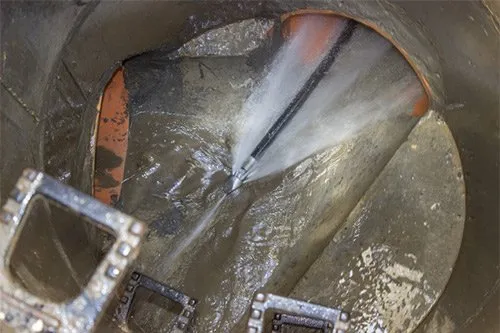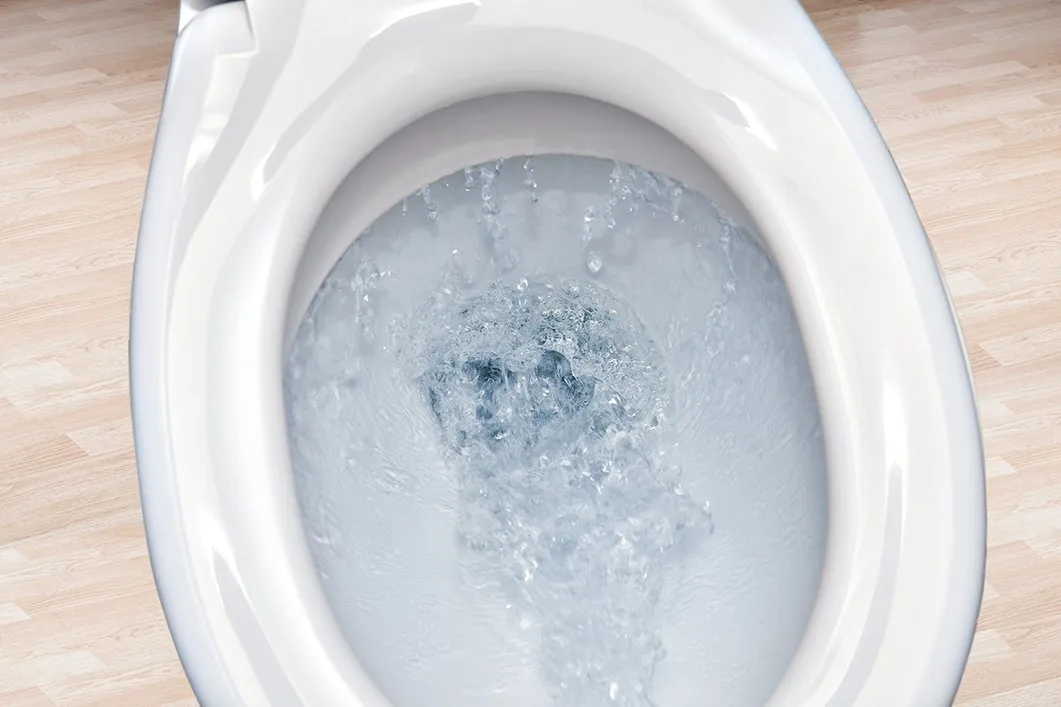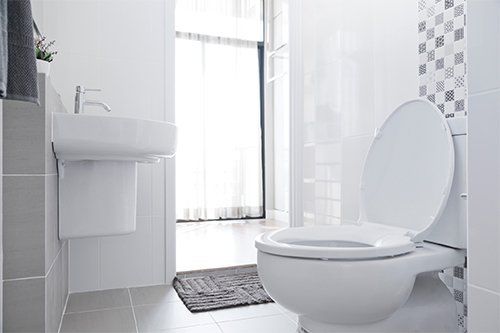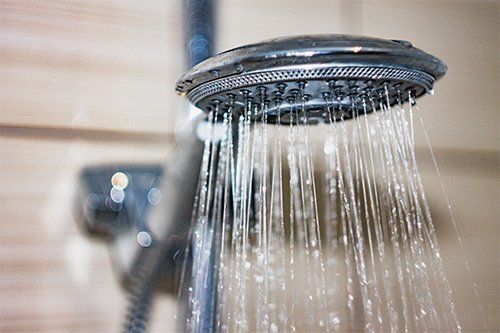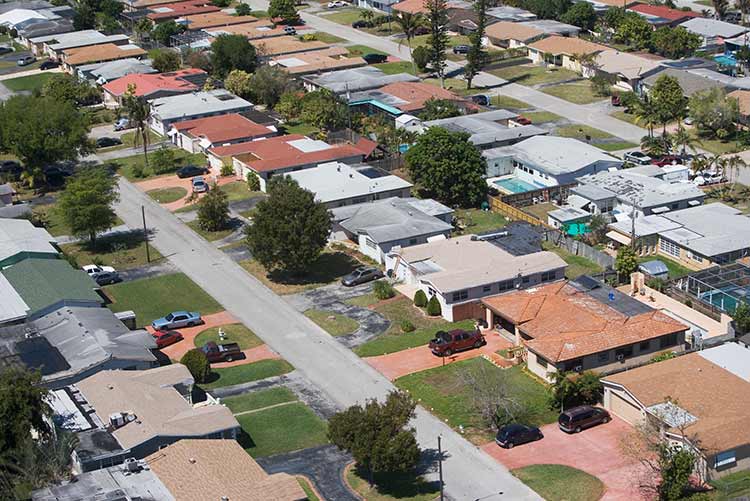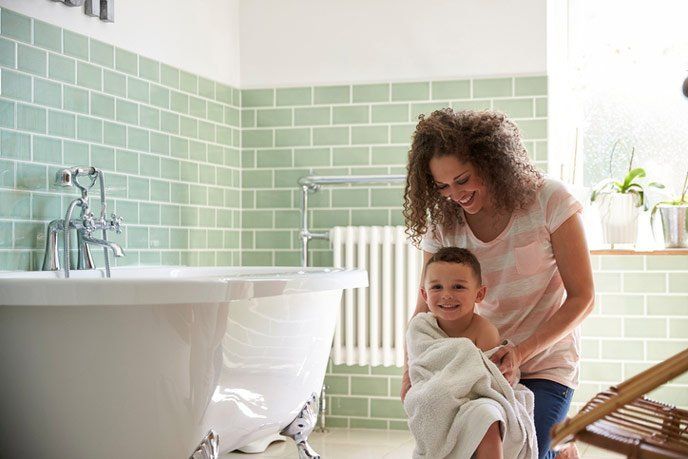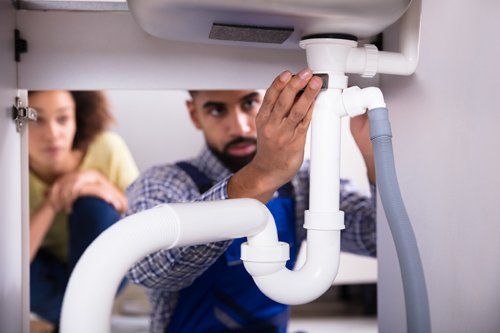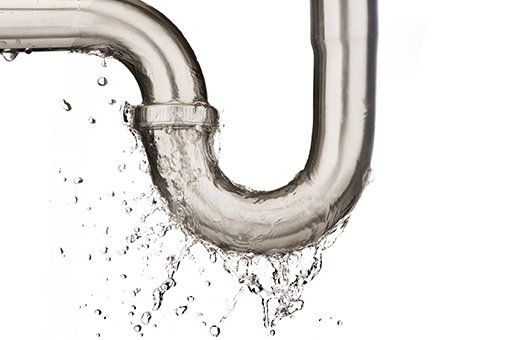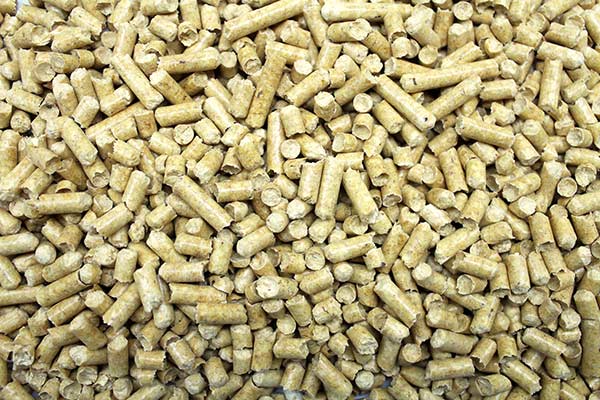
Most homeowners are surprised by how often they may be misusing their toilets. While the majority of flushing is necessary for removing human waste, the toilet is often used to dispose of items that can be dangerous to the entire plumbing and septic system. Improper disposal is one of the reasons toilets often clog, which is a common problem homeowners face.
In fact, clogged toilets are so common, plungers are a staple in most households. These tools are usually effective for removing clogs quickly, but preventing the clogs in the first place is a smarter solution. Using this guide and your plumber's help, you will learn the dangers of flushing these common household items.
1. Flushable Wipes
Whether used for removing makeup, cleansing yourself after using the bathroom, or wiping down toilets and countertops, flushable wipes should not actually be flushed. Even if they are labeled safe to flush, avoid placing them in your toilet because they will most likely cause a clog.
While an excessive amount can lead to a clog, toilet paper is safe to flush because it breaks down faster, so there is less risk of serious plumbing and septic issues. The materials used in the pre-moistened cleansing and cleaning wipes are not the same as traditional toilet paper and they take longer to break down.
Over time, these wipes will build up inside your toilet drain, increasing the risk of a clog. Eventually, the buildup will start affecting the septic lines, leading to a backed-up system that causes flooding and costly repairs.
It is also important to note that these wipes contain harsh chemicals and bacteria that can harm the environment. After flushing these wipes, the chemicals and bacteria will move through your plumbing and septic system, affecting the sewer systems and local waterways.
When possible, avoid using flushable wipes. If you must use them, then dispose of the wipes in your trash can instead of flushing them.
2. Cat Litter
Cat litter is another common item that many people flush down their toilets. Even though this may seem like the easiest way to dispose of your cat's waste, cat litter is not capable of breaking down inside your plumbing and septic lines.
In most cases, the litter is comprised of clay, which clumps together when it makes contact with water. The clumps of wet clay will sit inside your toilet drain and septic lines for extended periods of time without dissolving, causing severe clogs that can harm your toilet and septic tank.
To clean up your cat's waste in a simple and safe manner, scoop the litter into a plastic bag and dispose of it in your trash can.
3. Prophylactics
Prophylactics, or condoms, are another common item many people flush down their toilets because it seems like the most convenient option for disposal.
Unfortunately, flushing condoms is also one of the most dangerous things you can do to your plumbing and septic system.
The latex used to make condoms is designed to prevent bodily fluids from escaping, so the material is a lot stronger than you may think. Latex will not break down inside your toilet or while moving through the drains and plumbing lines.
Constantly flushing condoms down your toilet will most likely cause a buildup of latex in your pipes and septic tank, which may lead to clogs and a failing septic system.
The safest way to dispose of a condom is to wrap it in a few pieces of toilet paper before placing it into your trash bin.
Proper understanding and ongoing maintenance will reduce the risk of clogs while prolonging the lifespan of your toilet and septic system. To learn more about your toilet and plumbing system, contact Moody Plumbing, Inc. today.



